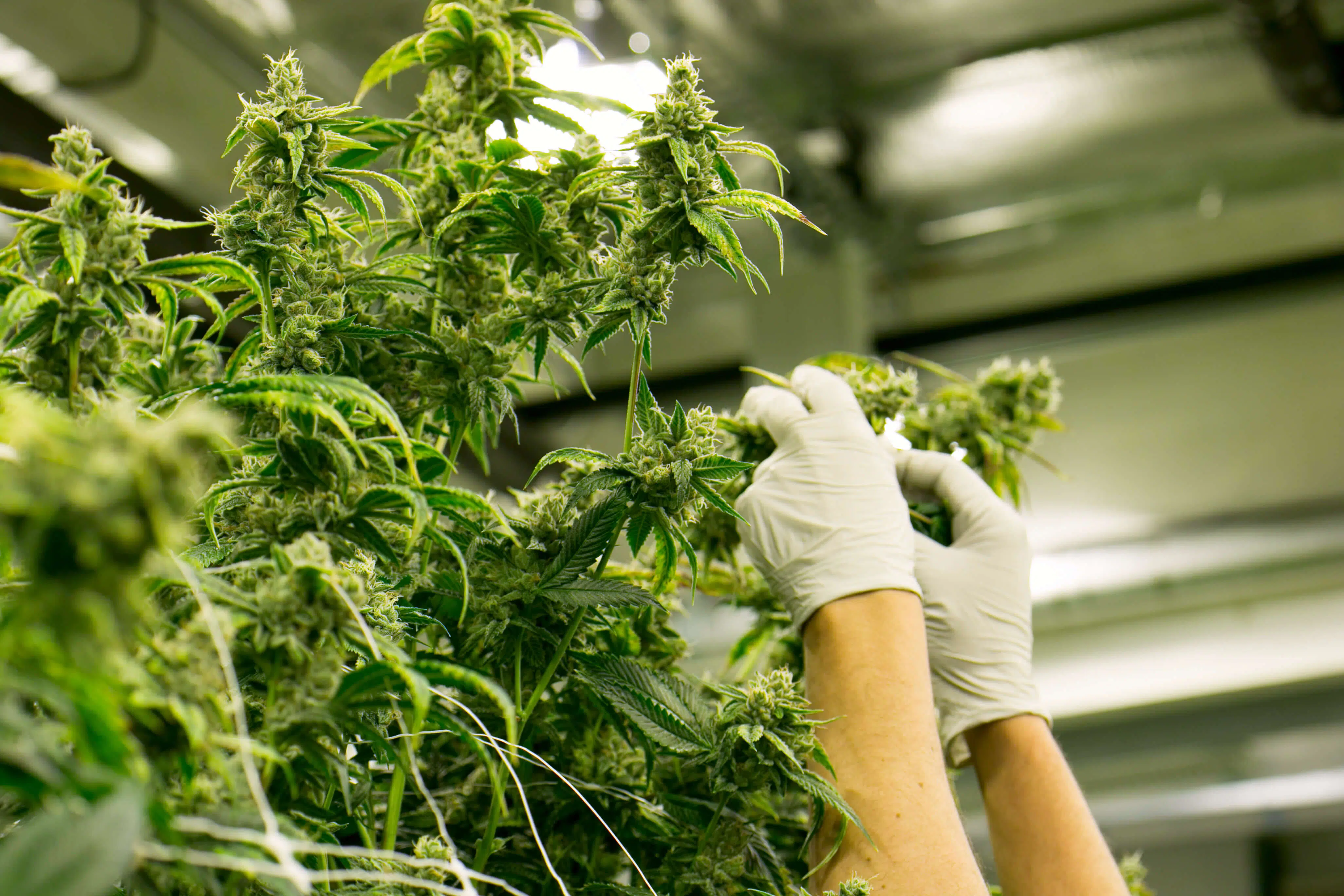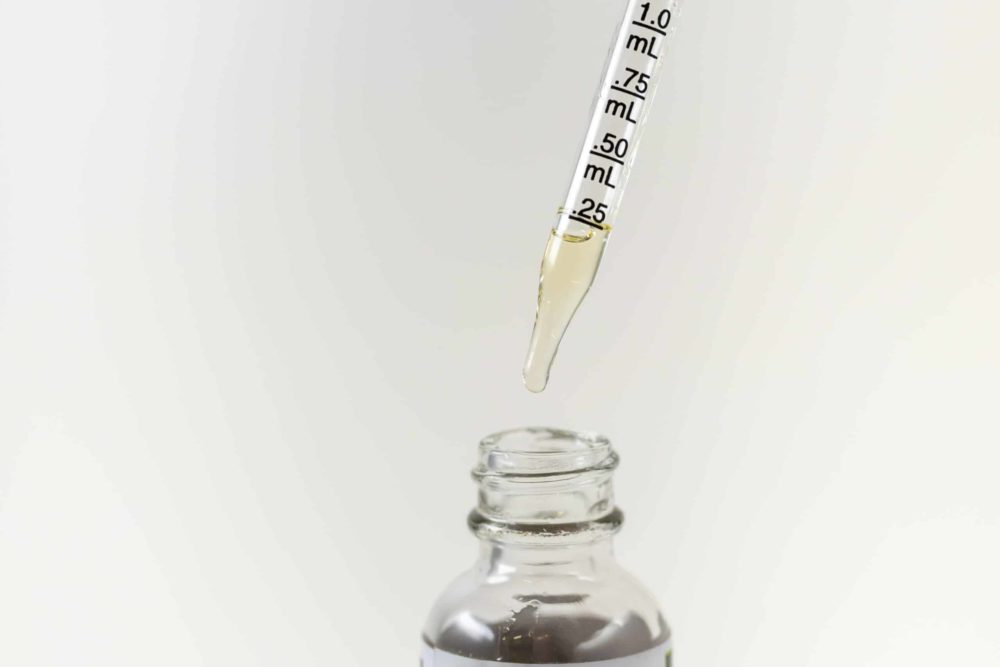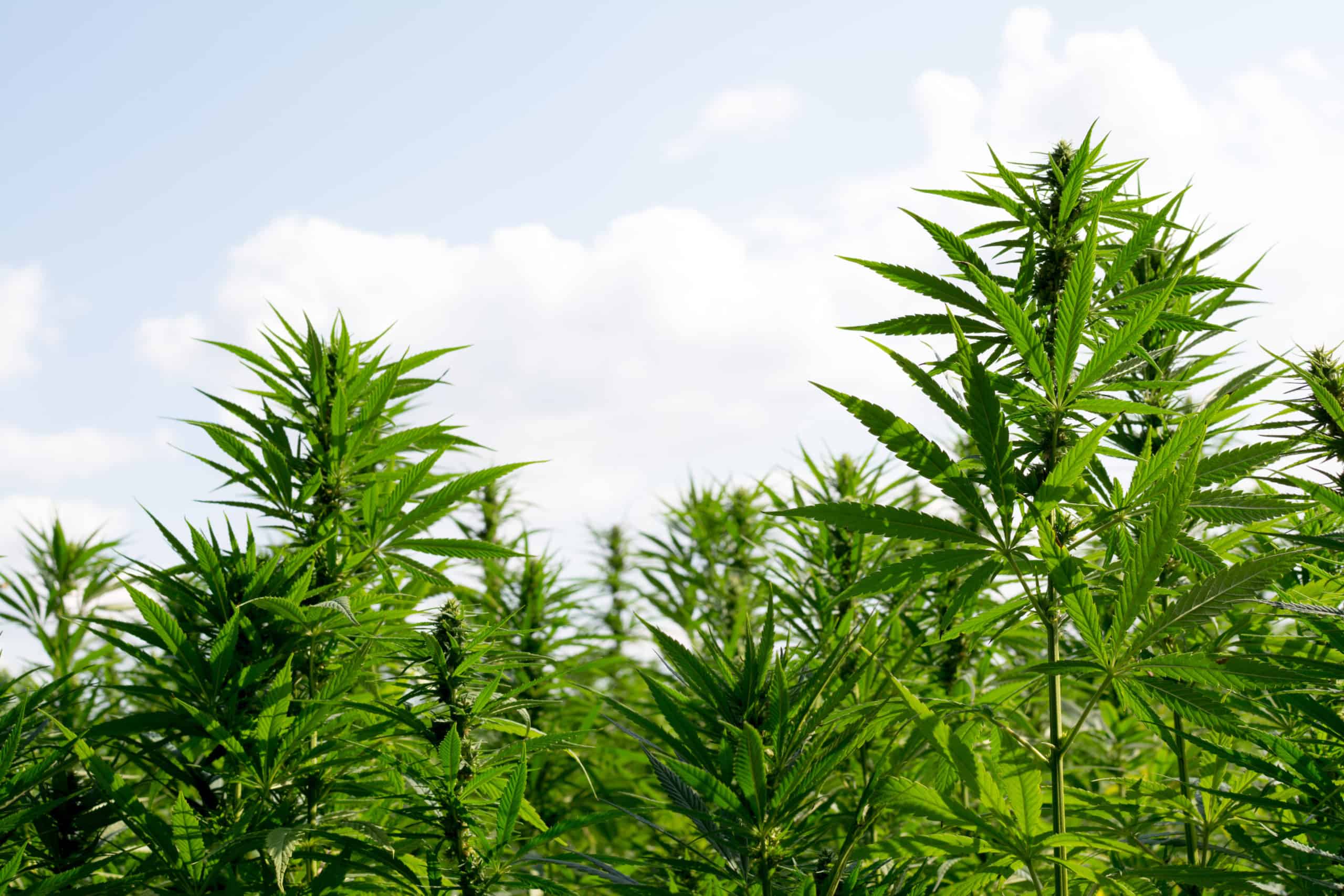-
- Market Research
- |
- CBD Near Me
- |
- Giveaways
- |
- Newsletter
- |
- Contact
- |
- Advertise
- |

Here’s the latest CBD news:
- A new CBD encapsulation method enhances CBD absorption when compared to conventional CBD oil.
- Researchers demonstrate CBD’s antibiotic potential when used for more than a dozen antibiotic-resistant bacteria, including gonorrhea and staph.
- Cannabis extracts inhibit the severe inflammatory response related to COVID-19 deaths in a new study.
Microencapsulated CBD Absorbs Much More Efficiently, Study Says
A recent study by Australian researchers found that “sodium alginate microencapsulation” significantly enhanced human absorption of CBD as compared to conventional CBD oil formulations.
Microencapsulation refers to the separation and coating of very small droplets of a solution, which, in addition to increased bioavailability, allows for chemical stability, flavor and odor preservation, and easier measuring of nutritional content among other benefits.
In this experiment, the researchers administered gel-coated CBD microcapsules to mice, who were also given capsules of deoxycholic acid, a compound known to enhance CBD uptake in the brain and body.
Then, plasma concentration of CBD was assessed at the 20-minute, hour, and three-hour mark.
On average, researchers found that microencapsulated CBD outperformed standard CBD oil by 47 percent in the blood and 25 percent in the brain, noting that the peak CBD concentration in the brain tripled with the microencapsulated oil.
Considering how poorly the body absorbs conventional CBD oil—many sources contend the number is under ten percent—this development may prove very useful as the CBD and cannabis industries continue to thrive.
Research Confirms Antibiotic Potency of CBD for Gonorrhea, Staph, and Other Bacteria
A study published in Communications Biology on Tuesday examining the antimicrobial potential of cannabidiol revealed the plant-based compound’s ability to attack gonorrhea, clostridioides dificile (aka C. diff), and staphylococcus aureus (staph infection), among more than a dozen other types of bacteria.
While CBD’s ability to kill Gram-positive bacteria has been somewhat thoroughly documented, the study found that “Cannabidiol can selectively kill a subset of Gram-negative bacteria that includes the ‘urgent threat’ pathogen Neisseria gonorrhoeae.”
Also of great importance was the fact that researchers observed no resistances forming in bacteria after repeated exposure to cannabidiol, which penetrated the stubborn outer layers of these bacteria in a highly efficient manner.
At the conclusion of the study, researchers called for the continued exploration of CBD as a potent and low-side-effect antimicrobial.
Cannabis Is Proven Effective Against Severe COVID-19-Related Inflammation
The already substantiated anti-inflammatory potential of cannabis has been shown in a recent finding by Pathway Research in Canada to extend to “cytokine storms,” a problem that can quickly turn fatal in severe cases of COVID-19.
Cytokines are (often) pro-inflammatory compounds released within the body that, while an important part of the immune response, can reap harmful effects when uptake is too high.
Per the study, advanced COVID-19 patients often experience a strong surge in cytokine induction, i.e., a cytokine storm, that leads to respiratory distress, which often leads to death.
The researchers tested seven cannabis sativa extracts on several of the pro-inflammatory factors observed in the COVID-19-induced “cytokine storm” using artificial human skin, finding that five of the extracts “strongly down-regulated expression of interleukins, pro-inflammatory cytokines…” and several other compounds known to trigger ARDS.
Future exploration into the use of cannabis for inflammation, severe or otherwise, should seek to differentiate between effective and ineffective cannabis-based compounds, the study warns, as some of the extracts they tested were ineffective or even pro-inflammatory.







